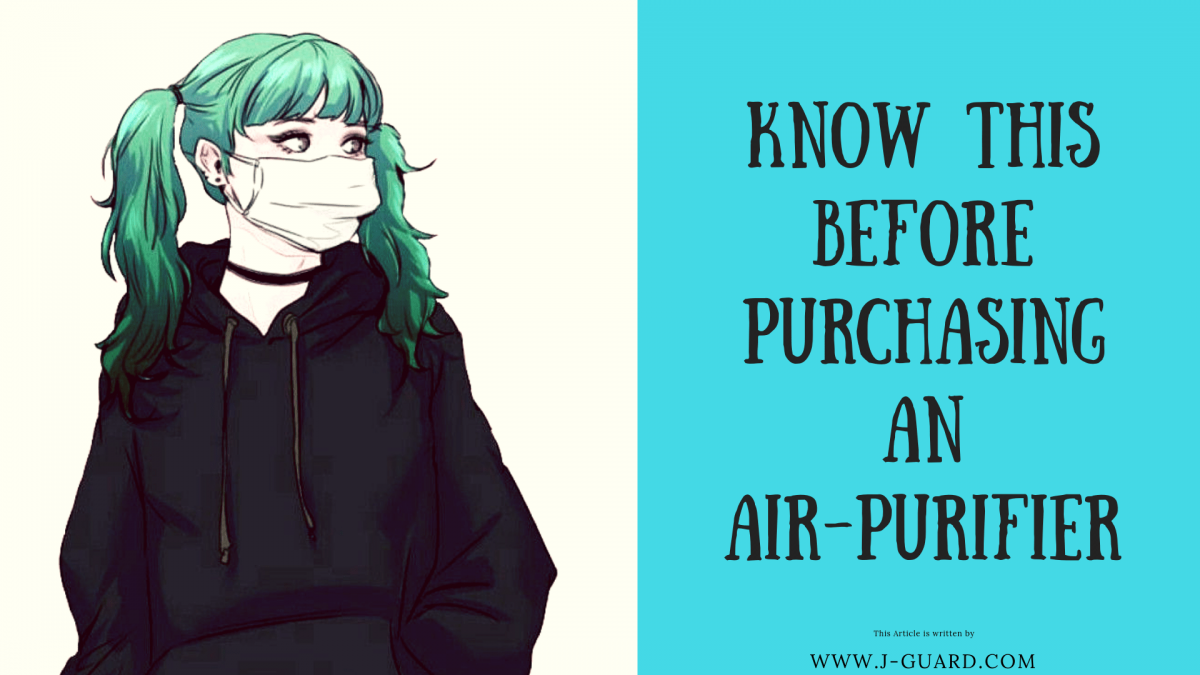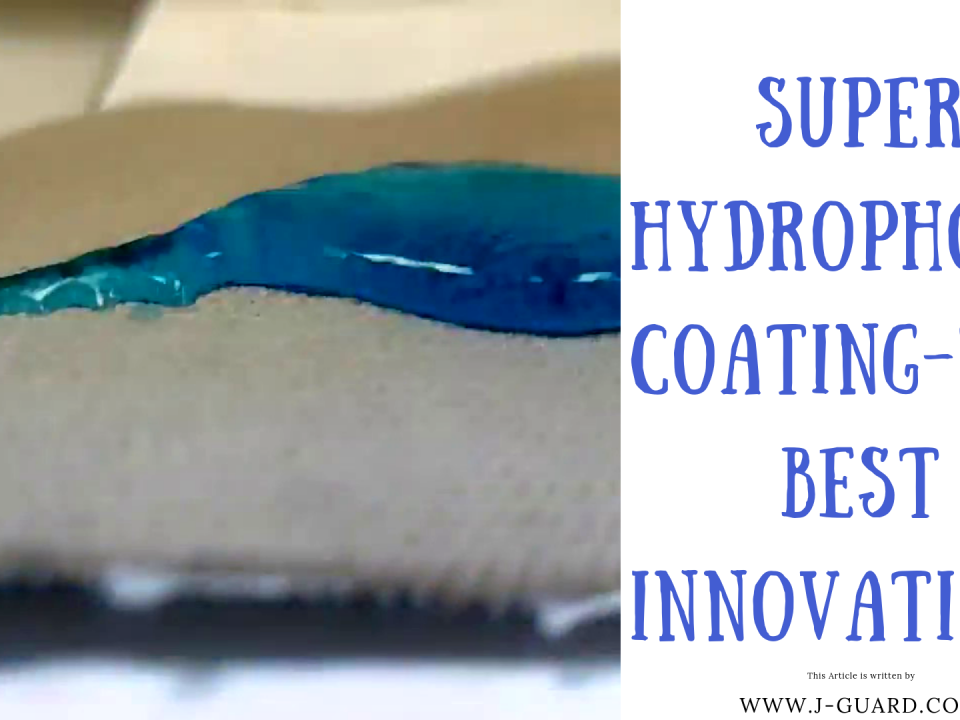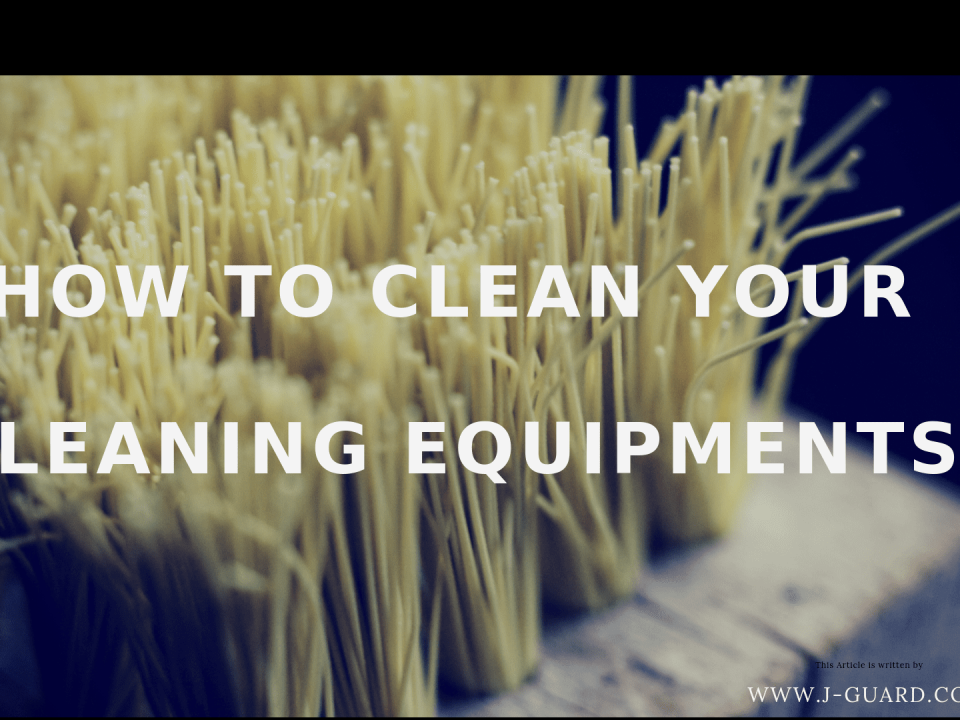
Clean Like Monica!
May 14, 2021
Facts About Acid Wash That You Did Not Know !!!
May 14, 2021Cleaning companies in Kochi get frequent calls from people looking for air purifiers. But unfortunately, cleaning air is not an easy task like house cleaning services or sofa shampoo cleaning. The best solution is always an air purifier.
In India, traffic congestion, fuel adulteration and biomass burning are contributing to air pollution. Air pollution is a great killer in India. It is the 5th largest killing machine killing around 1.5 million people per year. A survey conducted over 1600 cities in the world by WHO says the capital city of India, Delhi, is the worst among all considering air quality.
The air we breathe is becoming polluted every second and so we must also discover methods to purify the air.
The other known factor which is indoor air quality is 5 times more spoilt than outdoor air. People are aware that air purifier is the ultimate resort to these air quality issues and awareness is rising with the demand for air purifiers. J Guard cleaning company in Kochi decided to educate people and our customers regarding this, to know which air purifier you shouldn't buy!!
Generally, there are five types of air purifiers, namely:-
• HEPA filtered air purifier.
• Carbon filter air purifier.
• UV-Light air purifier.
• Ion-generator air purifier.
• Ozone air purifier.
There are also machines with a combination of one or more of the above mentioned.
► HEPA filtered air purifier (High-Efficiency Particulate Arrestance air purifier)

Working: The air is forced mechanically through a very thin mesh trapping the particles in the air.
This air purifier uses a HEPA filter to block or filter all the particulate matter and it is said to trap 99.97% particles up to 0.3 microns in size. That is it can trap tobacco particles, pet dander, pollens which causes allergy and asthma and many more. This is the commonly used purifier for small spaces and houses.
The reason you should not buy HEPA filter is:
1. It does not kill bacteria or viruses, it just contains them.
2. Cannot remove odour. It can restrict to a very good extent, but can never eliminate.
Lack of sensors makes it difficult for a layman to know when to actually replace the filter.
4. A lot of companies now endorse true-HEPA, which they claim is better than the usual HEPA filter, leading to a confusion about which is really the best HEPA filter.
5. Since it does not destroy or eliminate the fungus and bacteria it traps, there are high chances of bacteria and funguses to breed and multiply in the filter. If the blower turns off, there are chances that these bacteria can come out as a bigger threat. This is a secret kept by the manufacturers of HEPA.
Although HEPA filter has the above-mentioned problems, it is still widely used for domestic purposes such as to purify the air in houses, as an attachment to vacuum cleaners, etc.
►Carbon filter air purifier

Working: Just like HEPA air purifier works, the air is forced through the activated pores of carbon. It chemically absorbs the minerals, smoke, fumes, etc., to fill in the pores.
This purifier uses activated carbon particles having a large surface area. As much as 1 gm of activated carbon is said to have a 500-metre square surface area, surprising, isn't it? It is activated by treating charcoal with oxygen to form space between the carbon atoms. With so much surface area, the particles get adsorbed to the surface and thus the air gets filtered.
Reasons not to buy carbon filtered air purifier:
1. Changing the carbon filter is an inconvenient and costly job because it is hard to estimate when the carbon filter is saturated. When the odour does not diminish, it is an indication that the carbon needs to be changed.
2. Carbon filter alone is not capable of removing all the particulate matter, like tobacco particles, pet dander, pollen, etc., which are of smaller size than the pores.
3. The amount of purification depends on the quality of carbon and the amount of air passing through it and also on the 'dwell time,' i.e., the time the air stays inside the purifier; that is, if the air is pushed out before the chemical absorption reaction time it is of no use.
Carbon filters are also used in water purifiers for the same purposes mentioned above.
►UV-light air purifier

Working of UV-C Air purifier: The air is passed through a container containing UV-C lamps which makes the bacteria or virus cells incapable or destroys it preventing it from breeding or reproducing.
Reasons not to buy UV-C Air purifier.
1. Sunlight is a very good natural source of UV-light and having well-ventilated windows and doors in one's house is enough to kill all the germs and bacteria.
2. As said earlier, this UV-light alone does not filter the air like a HEPA filter does because the particulate matter still exists and moves freely in the air.
3. It addresses only the air that passes through the container and does not address the mold if it has taken hold.
► Ion-generator air purifier

Working of an ion generator air purifier.
This purifier charges the dust particles with negatively and positively charged ions. The particles of opposite charges attract and attach to each other to become heavy and to fall down to the surface which eventually should be removed off using a vacuum cleaner or manually. They also deactivate bacteria and viruses.
Reasons not to buy ion generator air purifier.
1. Even the best ion generator during ion generation produces ozone gas as a by-product. Ozone is a highly hazardous and highly reactive gas. Inhaling this would cause serious health issues. This is the best reason to not buy this machine.
2. After some time, the ion generating rods may get clogged by dust particles, which need to be cleaned regularly. This is not practically possible.
3. It is difficult to identify a “good ioniser” as there are no proper standardizations involved.
These machines are usually found in hospitals and other health care industries.
►Ozone air purifier

Ozone is three atoms of oxygen paired together consisting of a single molecule. This is highly unstable but exists in the atmosphere as ozone layer protecting us from the harmful UV rays from the sun. An ozone air purifier produces ozone which in turn removes strong odours and other air-borne chemicals at very high concentrations.
Reasons not to buy an Ozone generated air Purifier.
1. Ozone is highly harmful to our lungs and olfactory bulbs.
2. Ozone tends to oxidise anything it comes in contact with; therefore, it corrodes rubber, upholstery, wall, fabric, etc.
3. Ozone purifier cannot measure whether the room is over-exposed to ozone or not, thereby resulting in large amounts of ozone being produced without any control.
4. California has banned ozone purifier.
5. Ozone at low concentrations is not much use as an air purifier, therefore, to get results, the concentration is always increased.
6. It increases pollution by forming formaldehyde when reacted with other constituents.
7. Any concentration of ozone higher than 0.2mg/m3 is not advisable.
Conclusion:
You must be really confused which would be an ideal air purifier for your home or office to get some clean air, right? Well, J-Guard professional cleaning service provider provides you with a suggestion as follows.

What to look for before buying an air purifier?
A combination of HEPA, carbon and UV-C light is the best air purifier you can get at the time of writing this blog. It gets rid of the dust particles, removes odours as well as eliminates harmful microorganisms, the only disadvantage you will be having is that you will have to change the filters regularly. So, we would again suggest a machine with some sort of sensors to let us know when it is time to replace the clogged filters with a new one.




